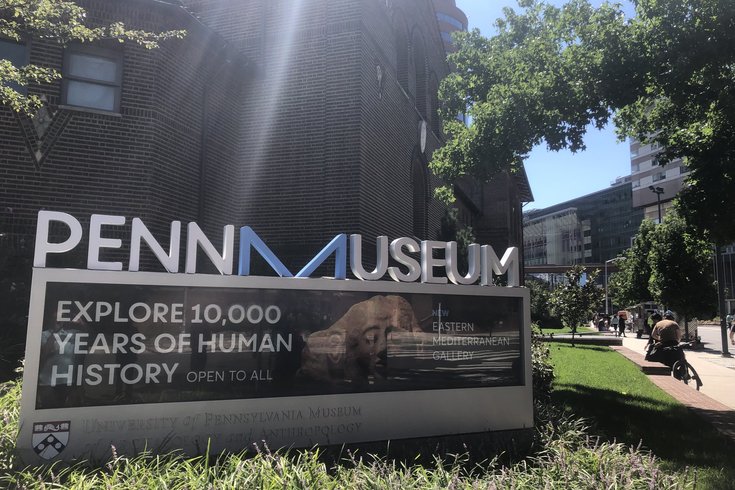
November 14, 2024
 John Kopp/for PhillyVoice
John Kopp/for PhillyVoice
Penn Museum says it found human remains belonging to Delisha Africa, the 12-year-old girl who died in the 1985 MOVE bombing. The museum had long denied possessing her remains.
Penn Museum has discovered more human remains from the 1985 MOVE bombing in its archives, contradicting claims it made several years ago.
The University of Pennsylvania institute said this week that it had found another set of remains matching records for Delisha Africa, the 12-year-old girl who died in the explosion. The discovery was the result of a "comprehensive inventory" of the college's biological anthropology section, which Penn promised to undertake after uncovering the remains of 14-year-old Katricia Dotson, another victim of the bombing, in 2021.
Penn Museum has long denied possession of any bones belonging to Delisha. A 2021 report it commissioned from the Tucker Law Group concluded that there was "no credible evidence that Delisha's remains were ever housed at the Museum" and that the controversy that erupted over the mishandling of Katricia's bones was exacerbated, in part, by the "inaccurate factual premise ... that the remains of a second MOVE child were housed at the museum."
The institute said it had informed Delisha's family of its discovery and would act with "speed and transparency" to return her remains.
Attorneys for Lionel Dotson, Katricia's brother, blasted the museum in a statement Thursday.
"For nearly 40 years, the City of Philadelphia, the University of Pennsylvania and the Penn Museum have refused to treat the MOVE Bombing victims or their families with the even most basic level of respect and decency and this latest revelation is just the most recent in a long line of atrocities Black folks in America have had to live with," Bakari Sellers and Daniel Hartstein said. "We are disgusted and disappointed but, unfortunately, we are not surprised.
"The damage Penn has done is absolutely appalling and unforgivable. It's time they did the right thing so these children can finally rest in peace."
Activists accused Penn officials of lying about Delisha's remains at a 2023 press conference that temporarily shuttered the museum. Ramona Africa, the only living survivor of the MOVE bombing, said that after decades of mishandling, she couldn't trust that any remains were "the bones of our children."
MOVE, a Black liberation group, lived communally in a row home on the 6200 block of Osage Avenue. Philadelphia police came to the house on May 13, 1985 intending to arrest several members, who refused to leave the building. In the ensuing standoff, police fired over 10,000 rounds of ammunition and deployed tear gas and high-pressure water hoses. Law enforcement ultimately dropped a satchel bomb on the home, killing 11 people, including five children.
Soon after Penn Museum shared its discovery of Katricia's remains in 2021, the city's health commissioner Thomas Farley admitted he had approved the cremation of MOVE victims' remains in 2017 without the families' consent, but those remains were later found in the Medical Examiner's Office. Farley resigned, and the Kenney administration launched an investigation into the mishandling of the remains. It provided few answers.
Follow Kristin & PhillyVoice on Twitter: @kristin_hunt
| @thePhillyVoice
Like us on Facebook: PhillyVoice
Have a news tip? Let us know.